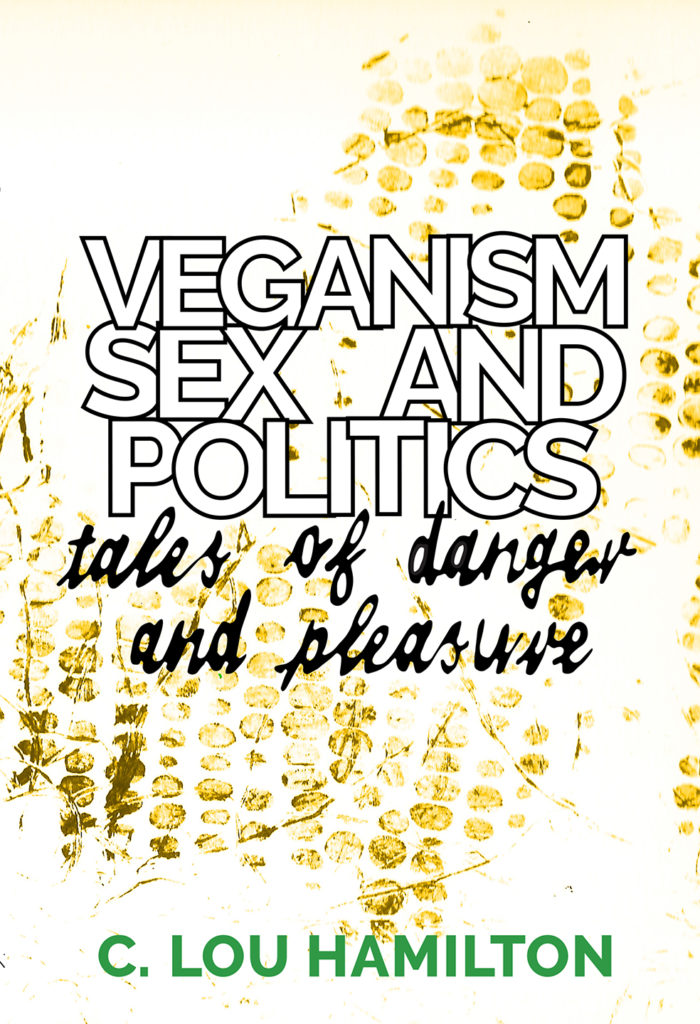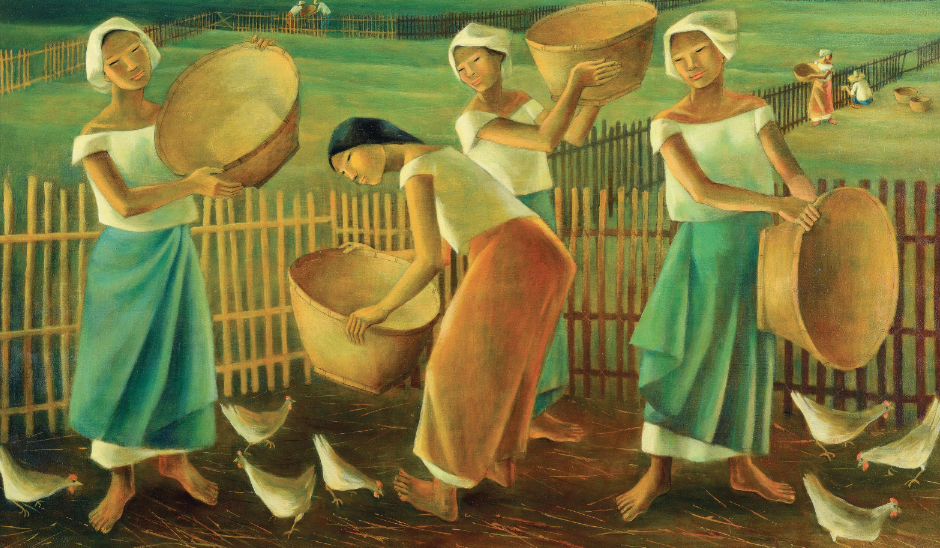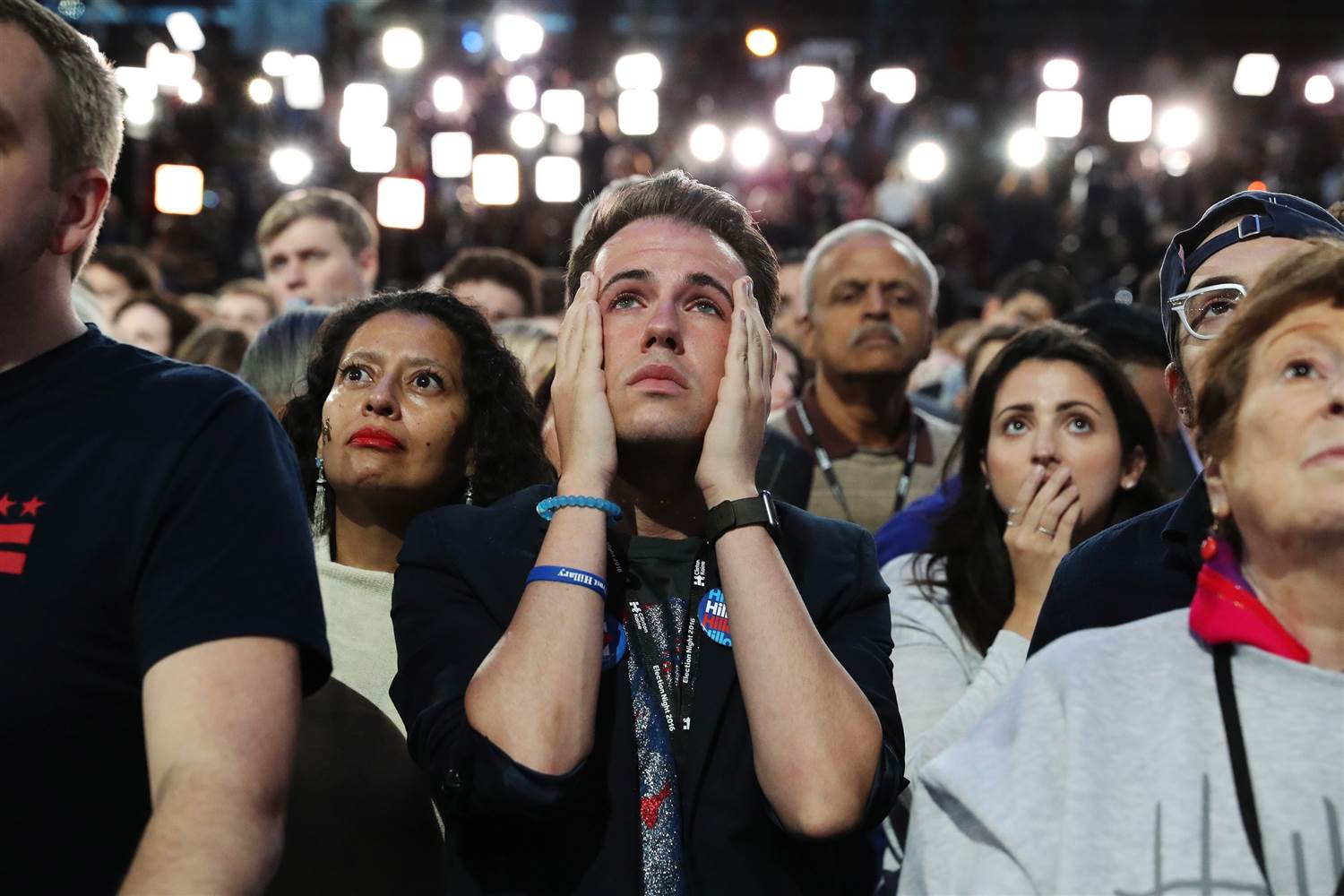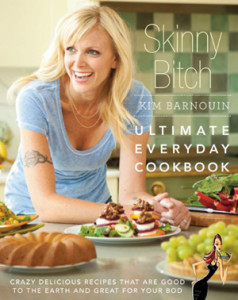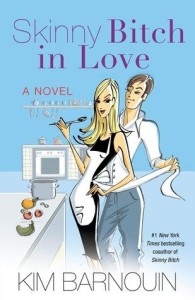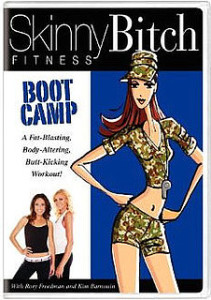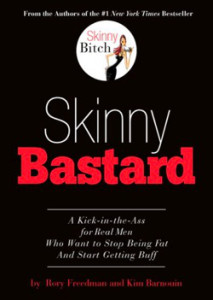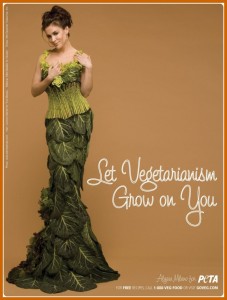
Photo credit: Simon Garbutt
Marking high spring and the beginning of summer in the northern hemisphere, Bealtaine (Irish for “May” and anglicized as Beltane) is a major sabbat that observes the returning sun, the greening of the land, and a heightening growth period. In Irish, Bealtaine refers to the fire (tine) of the Celtic sun god Bel. The May season is a time of agricultural birth and growth, with considerable wealth to be gleaned from the exploitation of other animals. Complex rituals sprung up across the British Isles in an effort to regulate the system and ensure prosperity.
Bonfires have traditionally been held on the eve of May 1st for the protecting of “livestock.” Cows might be jumped over the May Day fires or they and their living quarters might be decorated with protective plants and herbs to maximize fertility and keep the evil eye or dangerous fae away. Witches were often accused of interfering with “livestock” as well. Indeed, fears of evil interference with animal-based agriculture was a major reason for the persecution of witches and the overall devaluation of women. Cows and other animals that failed to produce or took ill were sometimes diagnosed as being “elf-shot,” that is, they were literally thought to have been targeted by witches, fairies, or other interlopers.
In modern witchcraft and pagan practices, killing and eating animals has become a contemporary opportunity for the average, non-farming practitioner to interact with this agrarian tradition (West 2002). “Meat” may not feature as heavily, but Wiccan author Scott Cunningham (2007) advises incorporating dairy into May Day festivities. Bees, too, are often included in Bealtaine celebrations as mead (a fermented honey beverage) is regularly encouraged (Greenleaf 2016). Bealtaine may not incorporate speciesism as deeply as Imbolc or Ostara, but it nonetheless exhibits the characteristic romanticization of speciesism in “livestock” exploitation through the ritualized consumption of animal-based foods and drink.
A time of union, handfasting, and the start of the fertile season, Bealtaine also marks a time in which the “masculine” and “feminine” energies of the earth are thought to merge as the feminine darker months wane with the return of the sun. There are certainly many ways to reclaim this cross-quarter point in early May for a vegan witchcraft. For instance, it might become a time to reflect on the fruits of female labour as well as a time to celebrate the destabilization of gender polarities. Indeed, this is the season of the Green Man (also known as the Wild Man and the Jack in the Green). This figure, representing environmental renewal and the fluid boundary between humans and nature, could be a useful symbol to explore.
Bealtaine should also be a time to reconsider the dual oppression of women and other animals, particularly in light of the historical persecution of women accused of interfering with animal-based agriculture. Today’s vegan witches aim to spoil farming yields through liberating–rather than hexing–cows, sheeps, and other imprisoned animals. Thus, the first of May might be an appropriate time to reclaim this feminist power of resistance by elf-shooting the anthroparchy and raising the Bealtaine fires for the protection and liberation of its victims.
Works Cited
Cunningham, S. 2007. Cunningham’s Encyclopaedia of Wicca in the Kitchen. Woodbury: Llewellyn Publications.Greenleaf, C. 2016. The Book of Kitchen Witchery. London: CICO Books.
Greenleaf, C. 2016. The Book of Kitchen Witchery. London: CICO Books.
West, K. 2002. The Real Witches’ Kitchen. London: Thorsons.
Dr. Wrenn is Senior Lecturer in Sociology at the University of Kent. She received her Ph.D. in Sociology with Colorado State University in 2016. She was awarded Exemplary Diversity Scholar, 2016 by the University of Michigan’s National Center for Institutional Diversity. She served as council member with the American Sociological Association’s Animals & Society section (2013-2016) and was elected Chair in 2018. She is the co-founder of the International Association of Vegan Sociologists. She serves as Book Review Editor to Society & Animals and is a member of the Research Advisory Council of The Vegan Society. She has contributed to the Human-Animal Studies Images and Cinema blogs for the Animals and Society Institute and has been published in several peer-reviewed academic journals including the Journal of Gender Studies, Environmental Values, Feminist Media Studies, Disability & Society, Food, Culture & Society, and Society & Animals. In July 2013, she founded the Vegan Feminist Network, an academic-activist project engaging intersectional social justice praxis.
She is the author of A Rational Approach to Animal Rights: Extensions in Abolitionist Theory (Palgrave MacMillan 2016), Piecemeal Protest: Animal Rights in the Age of Nonprofits (University of Michigan Press 2019), Animals in Irish Society: Interspecies Oppression and Vegan Liberation in Britain’s First Colony (State University of New York Press 2021), and Vegan Witchcraft: Contemporary Magical Practice and Multispecies Social Change (Routledge 2026).
Receive research updates straight to your inbox by subscribing to my newsletter.



